Here at Scottish Book Trust, we love the poetry of Robert Burns – but we also think it’s important to highlight the sheer variety of poets continuing to write in and experiment with the Scots language today.
Take a look at this curated selection of modern collections and discover how Scots poetry for the 21st century can complement your reading of the Bard.
This book list was compiled by Emily Hay, a PhD researcher at the University of Glasgow and an intern at Scottish Book Trust investigating the use of Scots in classroom environments.
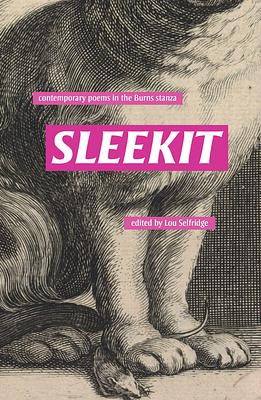
Lou Selfridge Sleekit: Contemporary poems in the Burns stanza
This anthology, edited by Lou Selfridge, pays homage to Burns and one of his favourite poetic structures – the standard habbie or Burns stanza. Featuring works by some of the most exciting writers working in Scotland today, including Harry Josephine Giles and Jeda Pearl, the collection stretches the confines of the Burns stanza, whilst playing with the languages of Burns and modern Scotland: including poems written in English, Scots, and JavaScript.
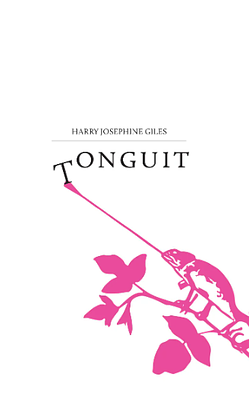
Harry Josephine Giles Tonguit
This debut collection from the author of Deep Wheel Orcadia was shortlisted for both the Edwin Morgan Poetry Award 2015 and the Forward Prize for Best First Collection 2016. Standing as a collage of the early twenty-first century, Giles explores growing intolerance, protest movements, and the bedroom tax in a self-styled ‘magpie’ Scots tongue, with an emphasis on their Orkney roots.
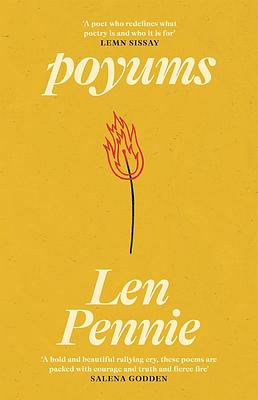
Len Pennie Poyums
Len Pennie’s Poyums is both a funny and fiercely feminist poetry collection that moves deftly between Scots and English, exploring themes ranging from women’s rights advocacy and domestic abuse to fairy tale adaptations. A prominent Scots language activist online, Pennie’s hotly anticipated debut hit #2 on the Sunday Times bestseller list, demonstrating the growing appetite for modern Scots poetry.
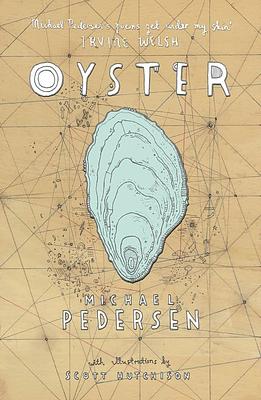
Michael Pedersen Scott Hutchison Oyster
This second poetry collection from Edinburgh-based Neu! Reekie! co-founder Michael Pedersen oozes sensual pleasure in poems flitting between casual and structural use of Scots. Featuring a range of wonderfully irreverent illustrations from the late Scott Hutchison of the band Frightened Rabbit, this book is a tour de force of the modern Scottish culture scene.
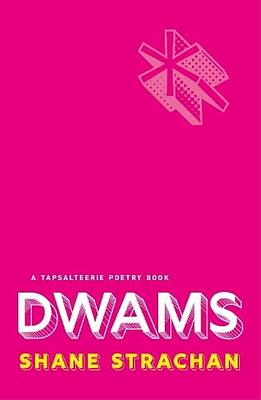
Shane Strachan DWAMS
This debut collection from the 2022–23 Scots Scriever at the National Library of Scotland provides a fresh take on the heritage and modern landscape of Aberdeen and the North East. Through a lyrical mixture of Doric, Scots and English, Strachan shines an unflinching light on themes such as the climate emergency, LGBTQ+ rights, and rising xenophobia.
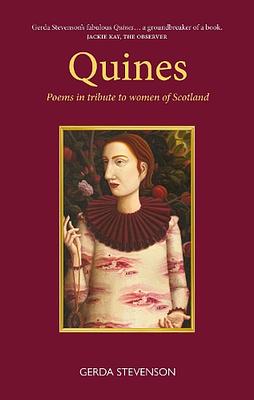
Gerda Stevenson Quines
Gerda Stevenson’s Quines explores the famous and forgotten women of Scotland’s past through an ambitious blend of Scots, Gaelic and English. From queens to scientists, authors to footballers, political activists to the daughter of a slave owner, Quines tells the story of modern Scotland through the women who made up its past.
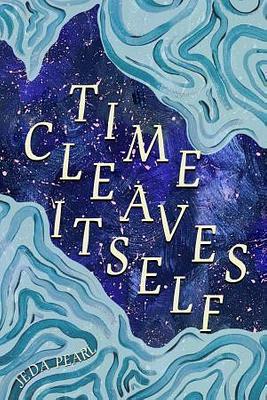
Jeda Pearl Time Cleaves Itself
This forthcoming first collection from Scottish Jamaican poet Jeda Pearl invites the reader into her intersecting, in-between worlds as a disabled Scottish woman of colour. Themes of ableism, colonialism and Scottish exceptionalism are explored through Pearl’s ancestral languages of Scots, Patois, Geordie and English in a lyrical spectacle honouring her Caribbean and Scottish roots.
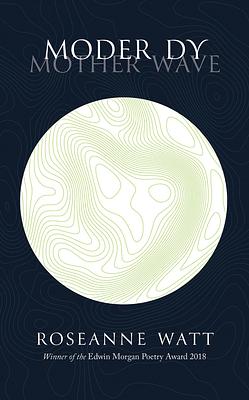
Roseanne Watt Moder Dy
Having won the Edwin Morgan, Eric Gregory and Somerset Maugham Poetry Awards and the 2019 Highland Book Prize, Roseanne Watt’s debut collection is an unmissable exploration of life, location, and landscape on her native Shetland. Written in a mixture of Shaetlan and English, Watt reflects on transition and translation – of sound, experience and language.
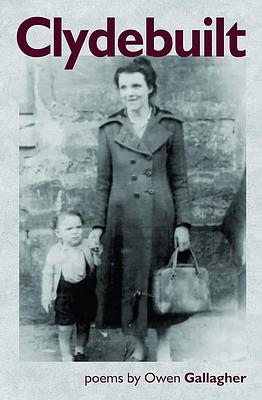
Owen Gallagher Clydebuilt
Described as a memoir in verse form, Clydebuilt narrates Gallagher’s own experience of growing up as the child of Irish parents in the Gorbals of the 1950s and 1960s in decidedly Glaswegian Scots. Depicting poverty, pawnshops and sectarianism, the collection casts an unflinching eye on Glasgow’s twentieth-century heritage and its impact on the present-day city.
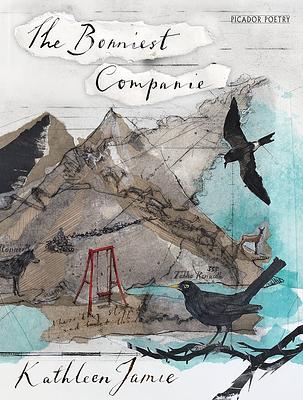
Kathleen Jamie The Bonniest Companie
In 2014, Kathleen Jamie, who has held the post of Scotland’s Makar since 2021, challenged herself to write a poem a week. The result of that experiment was The Bonniest Companie, which charts a Scotland both rural and urban, both personal and public, throughout the cycle of a year. Written in Jamie’s signature blend of Scots and English, the collection depicts a Scotland shaped by both local and global forces.
